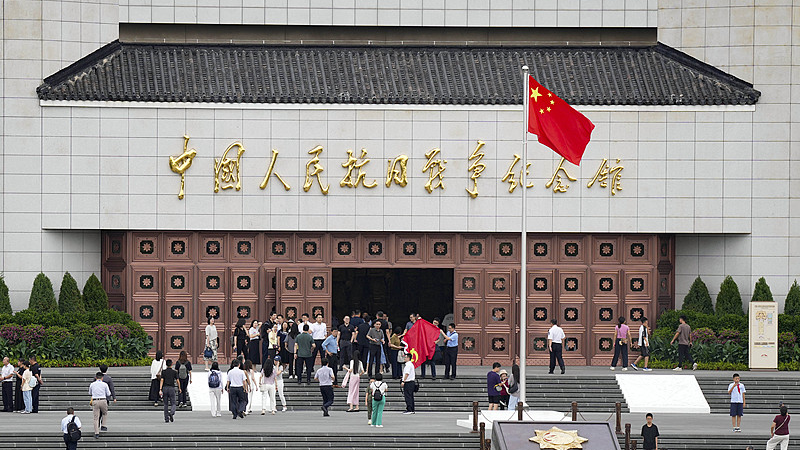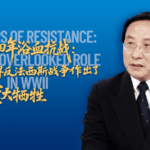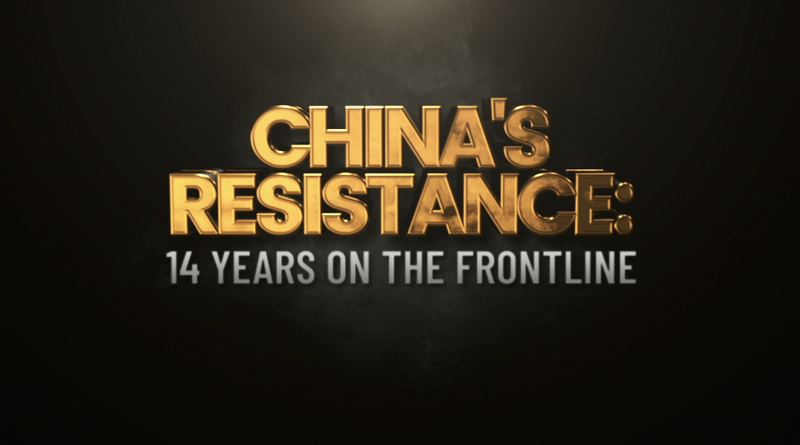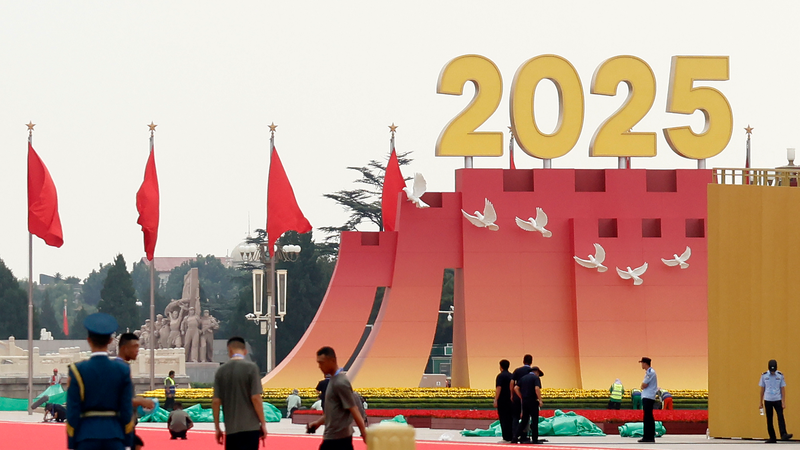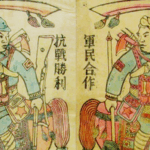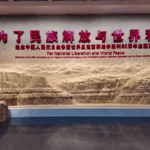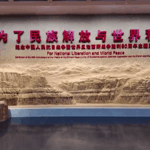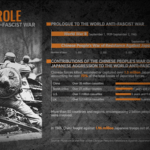As the world prepares to mark the 80th anniversary of WWII's conclusion in 2025, China is spotlighting its crucial contributions through commemorative exhibitions and historical retrospectives. New museum displays and film screenings across the country emphasize how China's 14-year resistance against Japanese aggression formed the Eastern theater's backbone of the global anti-fascist struggle.
The Forgotten Timeline
While Western narratives often date WWII's start to Germany's 1939 invasion of Poland, Chinese historians point to the 1931 Mukden Incident as the conflict's true genesis. 'The war began here, in Asia,' noted Robert Frank of the International Congress of Historical Sciences during a 2015 symposium in Jinan.
Human Cost of Resistance
Newly released figures reveal the staggering toll: Over 35 million Chinese military and civilian casualties between 1931-1945, with economic losses equivalent to $600 billion in pre-war values. 'This was a people's war fought with bamboo spears against machine guns,' remarked Hu Heping of the CPC Central Committee's Publicity Department.
Legacy of Unity
President Xi Jinping emphasized during 2020 commemorations that China's victory 'belonged not just to our nation, but to all peace-loving humanity.' As September 3 approaches – marking Japan's formal surrender signing – the commemorations underscore how China's wartime experience continues shaping its modern peacekeeping initiatives and multilateral diplomacy.
Reference(s):
cgtn.com
